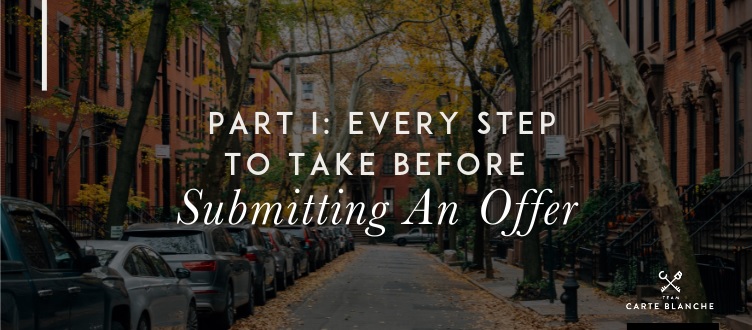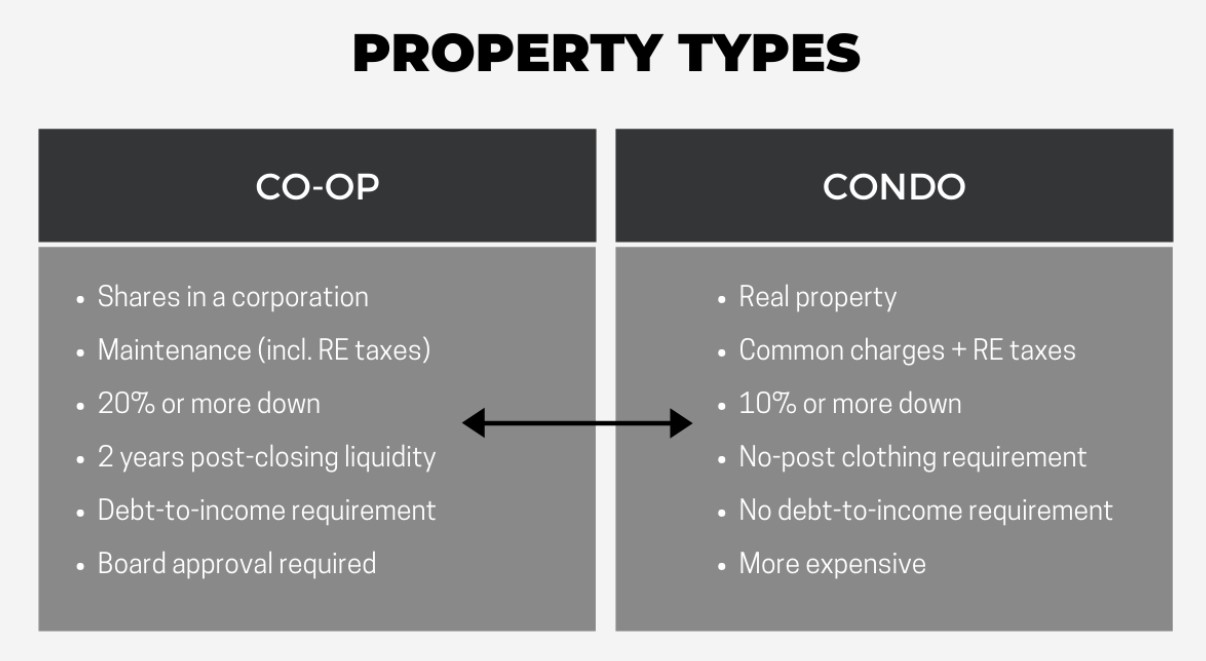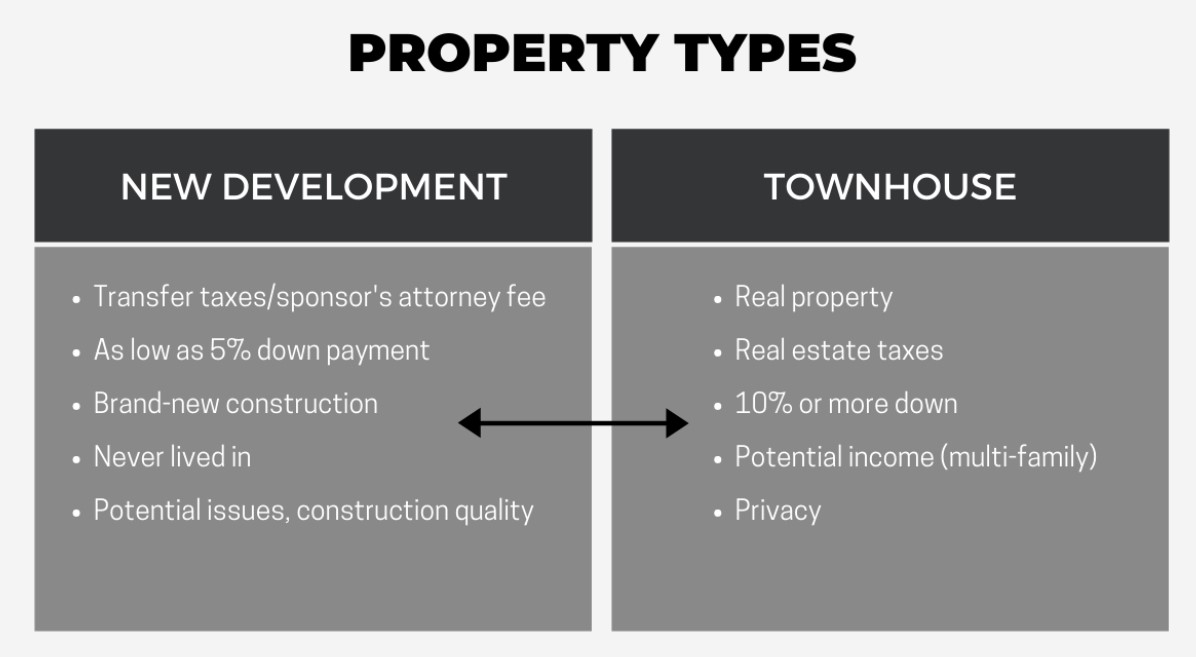
WHEN DO YOU START PREPARING?
Start NOW! It doesn’t matter if you’re looking to buy in a month, 6 months, or a year. It never hurts to just start the process because buying a home can take an emotional toll on you (mentally, it’s a lot) and it’s better to be prepared.
Here are some things you can do to prepare for this process:
- Check your credit
- Get your paperwork in order
- Make sure you have an active driver’s license or passport for identification purposes
- Make sure your current address is on all of your bank statements
- Limit large deposits and transfers
- Make sure you have 2 month’s worth of statements
- Get a pre-approval and assemble your team
WHO’S YOUR TEAM?
- Buyer’s Agent— this is your advocate, and the QB of your team. Use a referral source and reviews to help identify the right fit for your search criteria and personality type.
- Real Estate Attorney— ideally, this person does a high volume of contracts every week and is responsive and familiar with the speed of the process.
- Lender— going to your bank for a mortgage may seem like the logical choice but can they get you to the finish line? How do you know? It’s important to use a referral, either from your agent or another trusted source.
- Home Inspector— you need someone who will have your back and make sure that the home is actually what you think you’re buying.
THE STATE OF THE NYC REAL ESTATE MARKET
Buying in NYC in the Covid-19 Era (the rules have changed making things a lot more complex)
- You need a Buyer’s Agent now, more than ever before.
- They will help you navigate this new normal.
- The state of your market is going to depend on the neighborhood, the pockets of the city relative to your buying criteria, & price point.
- Being safe is top of mind for all of us. Even with those fully vaccinated, there may be case-by-case protocols to maintain a level of safety before viewing a property.
ENLISTING A BUYER’S AGENT
FAQS
Why do I need one? The primary reason you enlist a Buyer’s Agent is to have an advocate who will represent your best interests. Think of them as the quarterback of your team, making sure everyone works in concert. The road to a successful purchase is littered with potholes and your Buyer’s Agent will make sure to help you navigate them safely. With ‘boots on the ground’ knowledge, they also synthesize all of the information you find online.
Will I get a better deal if I represent myself? You don’t know what you don’t know. Going in blind without actual representation can end up hurting you and your pockets in the long run.
When should I hire? The earlier the better! Don’t worry about whether or not you have both feet in and you’re ready to go. A major role of the Buyer’s Agent is to serve as a sounding board. Think of it like this: your dream home could be sitting right there and you don’t even know it because you don’t have the access, expertise, and context of the market to identify it. This could go on for weeks, months, or even years. Ultimately, all of this can be avoided with the help of a Buyer’s Agent’s insights.
How much will it cost me? For most transactions, there aren’t any out-of-pocket costs for the buyer, which is all the more reason to hire an advocate.
NYC PROPERTY TYPES
There are four (4) primary property types found in the New York City market: co-ops, condos, townhouses, and new development.

CO-OP’S AND CONDOS ARE THE MOST COMMON.
Traditionally, co-op’s are about 20% less than a condo because you don’t actually own the unit—you own shares in the company that owns the unit. Many people find that there’s a lack of flexibility here—you have a board interview, limits on subletting or usage (pied-a terre allowed?), and an extensive board package to complete. As a result, co-op’s tend to get a bad rap, however, the reality is this type of property investment is for those who value a sense of community. Essentially, you have a number of people who have agreed to be vetted to the same degree, and as shareholders have a true stake in whether or not this investment flourishes.
Condos are the epitome of flexibility, with none of the aforementioned requirements, particularly as it relates to renting out your unit or using it part-time (you own the unit). They come with a deed, and as such, are more expensive. If you value a community, a condo “may” pose a challenge if there are too many absentee owners turning your place into a glorified rental building. Ultimately, the premium paid on the entry is for the ease of living and your exit.

NEW DEVELOPMENT & TOWNHOUSES
Something to be mindful of in New Development is that certain taxes and fees shift between the Sponsor and Buyer, and are market dependent: ex. if you’re in a prevailing “buyer’s market”, Sponsor and buyer’s transfer taxes—typically paid by the Buyer in a seller’s market— would instead be covered by the Sponsor. Down Payments may also vary. One of the benefits of new developments is that it has never been lived in, however, this can also be considered a concern for some since it also means that it hasn’t been tested. You’re going to have to lean on the reputation of the developer and the quality of construction when making this purchase.
For a Townhouse, the biggest benefit is that there’s no Board to determine your worthiness to buy or sell. Privacy reigns supreme. Private outdoor space is included, so these have been very popular given the pandemic. Also, you have the option to purchase a “multi-family,” which can offer additional income, turning it into more than just a place you live, but an asset that is generating wealth for you and your family.
Now that you understand the property types available to you, let’s get into what you need to be successful in this market.
5 KEYS TO SUCCESS
- Adopt a positive mindset. This will put you in a space of abundance and not scarcity.
- Commit to the process. Things aren’t always going to go as planned, however, keep the end goal in mind.
- Be open-minded. Have some flexibility when it comes to neighborhoods, price-points, fixer-upper vs. turn-key, etc.
- Start slow, finish fast. Honor your process and take your time, but move like the wind when it’s time to secure a place.
- If you love it, act like it. No matter what market you find yourself in, if you’d be upset if a place went into contract or was sold, then do something about it before that happens!
And for the final two points, (well, actually five), see below for how to manage your search.
THE SEARCH PROCESS
Step 1: Determine Your Budget. You have to establish what your buying power is. You start with getting a pre-approval and then you work backwards to get a sense of what your monthly payment would be. This step is crucial because the information gathered from this step will give your Buyer’s Agent the parameters of your search to show properties within your reach.
Step 2: Establish Criteria. Where and what to buy. Many people start here first to get a taste of the market and what they may like. Play with different filters, different size properties, different neighborhoods, etc. Once you know your buying power, this step becomes more focused.
Step 3: Identify Your Must-Haves. This may look like: a washer/dryer in-unit, private outdoor space, or even an elevator, for some people. A “nice-to-have” could be a finished basement or a fireplace.
Step 4: Get Educated. First online, and then in-person. Ideally, you want to be able to look at the listing and understand what is actually being presented to you. This requires understanding the language the broker is using—for instance, “charming” usually means small. Pro-Tip: Study the floor plan if one is provided as it can help with identifying whether or not your current lifestyle (like having a King-sized bed) can fit nicely in this property.
Step 5: View Properties. Remember that when you are visiting a property, the goal is to try to envision yourself in that space. That’s why referencing the floor plan in advance will help you know what works furniture-wise. It’s also about the neighborhood. When you walk down that block, can you envision yourself going to any of the local shops? Also, this stage in the buyer process has changed a bit with protocols in place like wearing masks even if vaccinated, and removal of shoes so be willing to be flexible on your visits.
My overall philosophy is “Start like a flood light, end like a laser.”
When you’re first starting out, you don’t really know what you want. You may think you know, but until you get out and see places in person you have no idea how that will shape your search going forward. So, start with a wide search and once you have a better understanding of what you want your money to buy you, then narrow your search accordingly. When you honor this process (be it 2 weeks, a few months, or a year) the home of your dreams will manifest.
